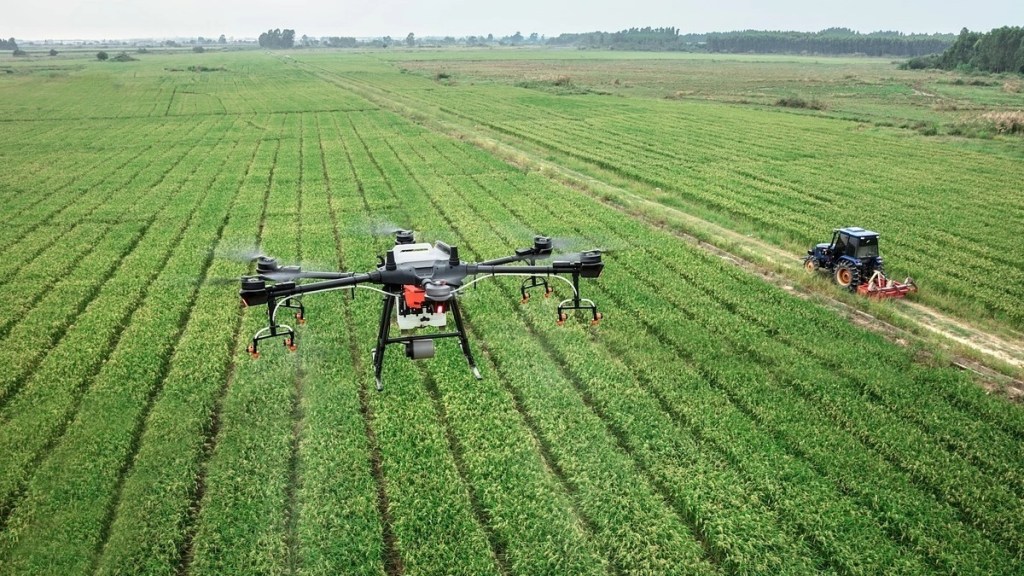Agriculture Minister Narendra Singh Tomar on Thursday released crop-specific standard operating procedures (SOP) for the application of pesticides using drones.
The minister also released a booklet titled “Machinery for Millets Production, Processing and Value Addition”, an official statement said.
“Drone technology has been accepted by the government in the agriculture sector. …In reducing the cost of agriculture and avoiding the side effects of pesticides, farmers will get extensive benefits from drones,” Tomar said.
Last time, when there was an outbreak of locusts, the need for the use of drones was felt at that time, since then drone technology is before us with the full support of the central government, he said.
To make drones accessible to farmers, there is a need to make Krishi Vigyan Kendras (KVKs) more efficient.
The minister further said the awareness programmes need to be conducted for graduate/ post-graduate agricultural students so that they can get employment, besides making them capable of farming on their own land.
“A plan should be made for the benefits of drones to reach the common man,” he added.
Agriculture Secretary Manoj Ahuja, Director General of ICAR, Himanshu Pathak and senior officials of the ministry were present at the event.
Under the Agricultural Mechanization Sub-Mission, ICAR institutes, KVKs, SAUs, other states/central government agricultural institutes and PSUs engaged in agricultural activities are provided financial assistance at 100 per cent of the drone cost, up to Rs 10 lakh per drone, besides contingent expenses for demonstration of drones in the farmers’ fields.
Farmer producer organisations are given grant-in-aid at the rate of 75 per cent for the purchase of drones for a demonstration on farmers’ fields.
To provide agricultural services through the use of drones, financial assistance is given at the rate of 40 per cent of the original cost of the drone by central hiring centres (CHCs) to farmers’ cooperative societies, FPOs and rural entrepreneurs for the purchase of drones, subject to a maximum of Rs 4 lakh.
Agricultural graduates setting up CHCs are provided financial assistance up to Rs 5 lakh at the rate of 50 per cent of the cost of a drone.
Individual small and marginal farmers, SC-ST farmers, women farmers, and farmers of northeastern states will also get 50 per cent of the cost of the drone subject to a maximum of Rs 5 lakh, while other farmers are eligible for assistance at 40 per cent of the cost of the drone, subject to a maximum of Rs 4 lakh.

